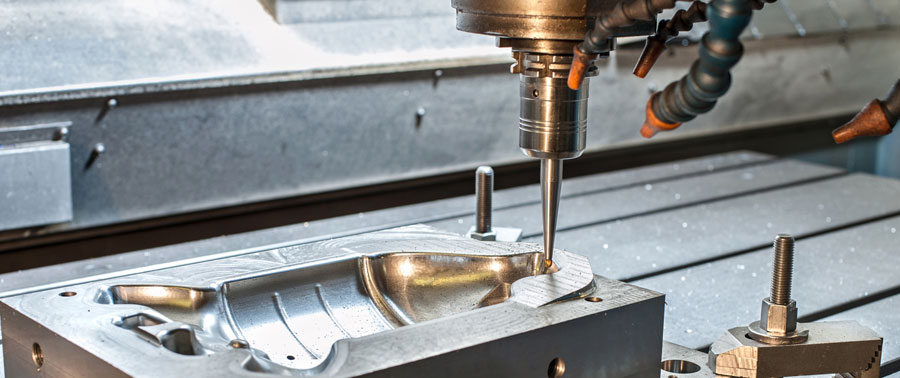As industries continue to seek ways to reduce weight and increase strength in their products, magnesium thixomolding has emerged as a promising solution. This innovative manufacturing process utilizes magnesium alloys to produce lightweight and high-strength components that offer several benefits over traditional materials.
Magnesium thixomolding is a semi-solid metal processing technique that involves heating magnesium alloys to a semi-solid state and then injecting them into a mold. This process results in parts with high mechanical properties, excellent surface finish, and complex geometries. The final product is a lightweight component that is up to 50% lighter than aluminum and up to 75% lighter than steel.
One of the main advantages of magnesium thixomolding is its ability to produce complex shapes with thin walls and high precision. This makes it ideal for applications that require intricate designs, such as automotive parts, electronic components, and medical devices. Additionally, magnesium thixomolding offers excellent dimensional stability and repeatability, which ensures that parts are produced with consistent quality and accuracy.
Another advantage of magnesium thixomolding is its superior strength-to-weight ratio. Magnesium alloys have a higher strength-to-weight ratio than most other metals, including aluminum and steel. This makes them an ideal material for applications where strength and weight are critical factors, such as aerospace and defense industries.
Magnesium thixomolding also offers excellent corrosion resistance, which is essential in many industries, including automotive, marine, and electronics. Magnesium alloys can withstand harsh environments and are resistant to oxidation, making them an ideal material for components that are exposed to extreme conditions.

One of the challenges of magnesium thixomolding is the high cost of magnesium alloys. However, this cost is offset by the process\’s ability to produce high-quality parts with minimal waste. Additionally, the use of magnesium alloys can result in cost savings over time due to their superior strength-to-weight ratio and corrosion resistance.
In conclusion, magnesium thixomolding is the future of lightweight and high-strength components. This innovative manufacturing process offers several advantages over traditional materials and is ideal for applications that require complex shapes, high precision, and superior strength-to-weight ratio. As industries continue to seek ways to reduce weight and increase strength in their products, magnesium thixomolding will continue to play a crucial role in meeting these demands.
-

- Okvir LED zaslona iz tlačne litine iz magnezijeve zlitine
-

- UAV deli za tlačno vlivanje iz magnezijeve zlitine
-

- Tlačno uliti deli in komponente OEM
-

- Izdelana srednja plošča za Macbook po meri izdelanih kovinskih delov
-

- OEM storitev tlačnega litja kovinskih komponent macbook sredine
-

- Customized foundry products e-bike components magnesium alloy wheel

 0086-750-5616188
0086-750-5616188 +86 13392089688
+86 13392089688 sales@zhongmei-tech.com
sales@zhongmei-tech.com







